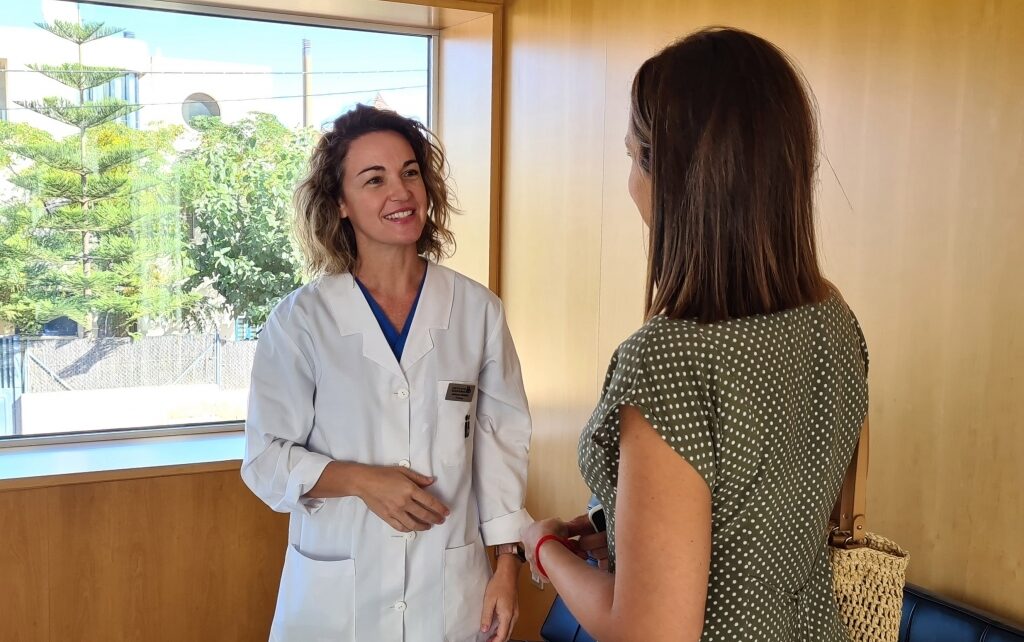
Does the egg donor age affect the egg donation treatment results?
From the first patient’s pregnancy with another woman’s eggs in 1983, almost 40 years ago, the egg donation has probably become the most demanded technique in fertility clinics for those couples who otherwise will not be able to have children. They come to us very tired and with many doubts regarding this treatment, giving it a last chance due to its high success rates.
Main reason for this treatment drastic increase might be due to the general inclination of today’s society to postpone motherhood, which will lead to fertility problems as it is well known that the available eggs quality and quantity decreases with age. This is possible the main reason why couple who seeks egg donation ask for a younger donor, believing her gestation possibilities are higher.
There’s no doubt that treatment optimisation is the main goal. This is why there are many publications made about the search of the factors related with donors that may change results, including age.
Legal limitations
In accordance with current Spanish legislation (Royal Decree 412/96), “All donors must be of legal age and capacity. To avoid, to the extent possible, the chromosomic abnormalities, the female gametes donors must not be over thirty-five years of age” in the possible labour date. Nevertheless, to be extra sure, the maximum age in our donation programme is set at 33 and always with proven fertility and good previous treatments experience.
Internal study about the egg donor’s age impact.
In a Study made by our own grroup and presented in the British Fertility Society (BFS) we observed that, whereas the egg donor age increase it had some impact in some parameters such as the gonadotropine use during ovarian stimulation, the most relevant clinical parameters, as it might be a clinical pregnancy and the miscarriage rate, the stablished age range of the egg donors selected into our programme, between 18 and 33, were not altered.
According to this data, the average age among our egg donaorsis set at 25. On the other hand, the effect other factors may have in the oocyte quality and the treatment’s safety, is required that all candidates pass an exhaustive selection process, which ends, following our rigorous programme, of only a third of the candidates to pass the rigorous programme with total success.
To sum it up, despite the fact that there’re some factors that make the difference in the donated oocytes from young women, the stablished age range is not one of them.
IT MAY ALSO BE OF INTEREST TO YOU
- How many eggs on average are donated on an Egg Donation treatment at Instituto Bernabeu?
- What tests do I need to have before egg donation treatment?
- How do we choose the best donor for you?
- Donor selection at Instituto Bernabeu: a very special and comprehensive care
- Ovarian stimulation: What is it? Are there any risks involved?
Jaime Guerrero, Egg Donation Operational Unit Director in Instituto Bernabeu.
